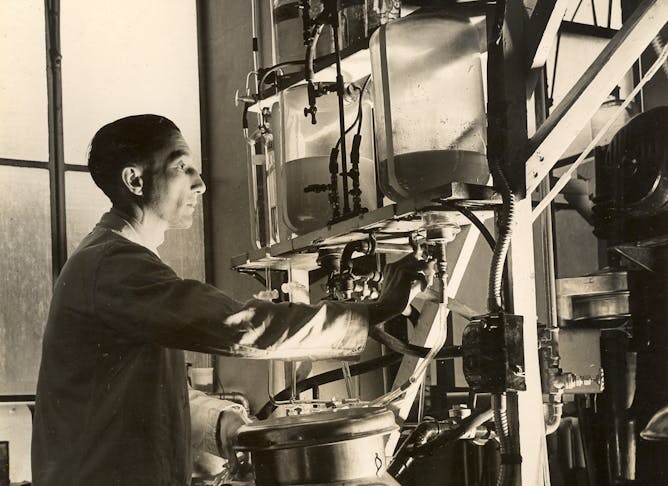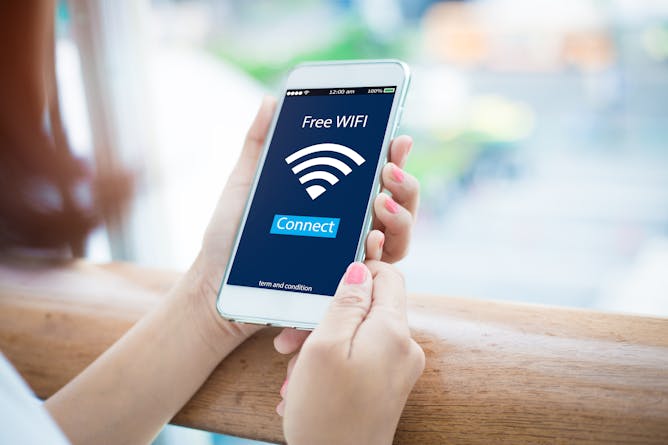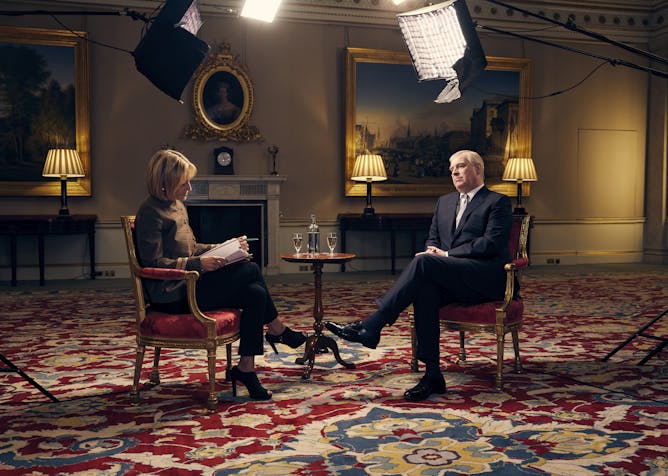|
|
|
Editor's note
|
|
Antibiotic resistance is on the rise and, worryingly, no new antibiotics are being discovered. As a result, we are facing a global health emergency. This crisis is proof that when it comes to antibiotics, the market is broken – and we should be considering taking the antibiotic pipeline under fully public, international ownership.
The proposal may sound radical in the age of private big pharma, but there is plenty of historical and current precedent: from vaccines to Penicillin and antimalarials. It also wouldn’t be that expensive, at an estimated US$5 billion. Besides, antibiotics are among the most important medicines known to humankind – and the crisis demands bold thinking.
The UK’s Labour Party plans to offer free broadband internet to every UK household if it wins the upcoming election. This arguably makes sense at a time when internet access has become a human right. But the party’s costing of the plan is unrealistic. And if you’re still puzzled by Prince Andrew’s recent claims that he “didn’t sweat”, we unpick the science.
|
Josephine Lethbridge
Interdisciplinary Editor
|

|
|
Top stories
|

A.G. Sanders with penicillin extraction equipment.
Image reproduced with permission of the Sir William Dunn School of Pathology, University of Oxford
Claas Kirchhelle, University of Oxford; Adam Roberts, Liverpool School of Tropical Medicine; Andrew Singer, Centre for Ecology & Hydrology
The pipeline for new antibiotics is broken. It is time to think outside the box.
|

panuwat phimpha/Shutterstock
Merten Reglitz, University of Birmingham
Guaranteed internet access is now crucial for everyone to equally exercise their political rights.
|

Shutterstock
Greig Paul, University of Strathclyde
A breakdown of the infrastructure and operating costs, as well as the market impact of giving free full-fibre broadband to the whole country.
|

Prince Andrew during the recent BBC interview.
BBC/Mark Harrison
Adam Taylor, Lancaster University
In his recent interview, Prince Andrew claimed that he had stopped sweating. Here's what the research says about how and why our bodies do it.
|
Politics + Society
|
-
Paul Whiteley, University of Essex; Harold D Clarke, University of Texas at Dallas
Things could have been quite different if Jeremy Corbyn swung more decisively to Remain or if Jo Swinson hadn't been in such a rush to the polls.
-
Emma Tominey, University of York
Labour and the Liberal Democrats go further than the current system but would still leave the UK lagging behind many of its international peers.
-
Maria Koinova, University of Warwick
A recent vote in the US House of Representatives recognised the Armenian massacre of 1915 as a genocide in a significant moment for the Armenian diaspora.
-
Dimitrios Syrrakos, Manchester Metropolitan University
Where else were all those hard-headed refusals to make things easier for the eurozone strugglers going to lead?
|
|
Business + Economy
|
-
Nathan Furr, INSEAD
One of the questions I’m asked most frequently is: how can you make sense of Tesla’s wild strategies?
-
Michael Sanders, King's College London; Alex Gyani, University of Melbourne; Elspeth Kirkman, King's College London
Being out of work is hard: here's how psychology is helping to make the process of finding a job a little easier.
|
|
Arts + Culture
|
-
Ruth Penfold-Mounce, University of York
Even in death, men are able to earn far more than women.
-
Alice Sibley, Nottingham Trent University
For the past year, Hollyoaks has portrayed the far right radicalisation of a gay character, highlighting the embrace of a different kind of recruit
|
|
Health + Medicine
|
-
Amy Brown, Swansea University; Lyndsey Hookway, Swansea University
Many baby books promote sleep-training methods that involve leaving babies to cry at night. But there are gentler ways to get a good night's sleep.
|
|
| |
| |
| |
| |

|
| |
| |
| |
Featured events
|

|
Julian Study Centre Lecture Theatre, University of East Anglia, Norwich, Norfolk, NR4 7TJ, United Kingdom of Great Britain and Northern Ireland — University of East Anglia
|

|
Dragon Hall, 115 - 123 King Street, Norwich, Norfolk, NR1 1QE, United Kingdom of Great Britain and Northern Ireland — University of East Anglia
|

|
Oxford Martin School, 34 Broad Street, Oxford, Oxfordshire, OX1 3BD, United Kingdom of Great Britain and Northern Ireland — University of Oxford
|

|
Julian Study Centre Lecture Theatre, University of East Anglia, Norwich, Norfolk, NR4 7TJ, United Kingdom of Great Britain and Northern Ireland — University of East Anglia
|
|
|
|
| |
| |
| |
| |
| |
|
|
|
|
|
|
|